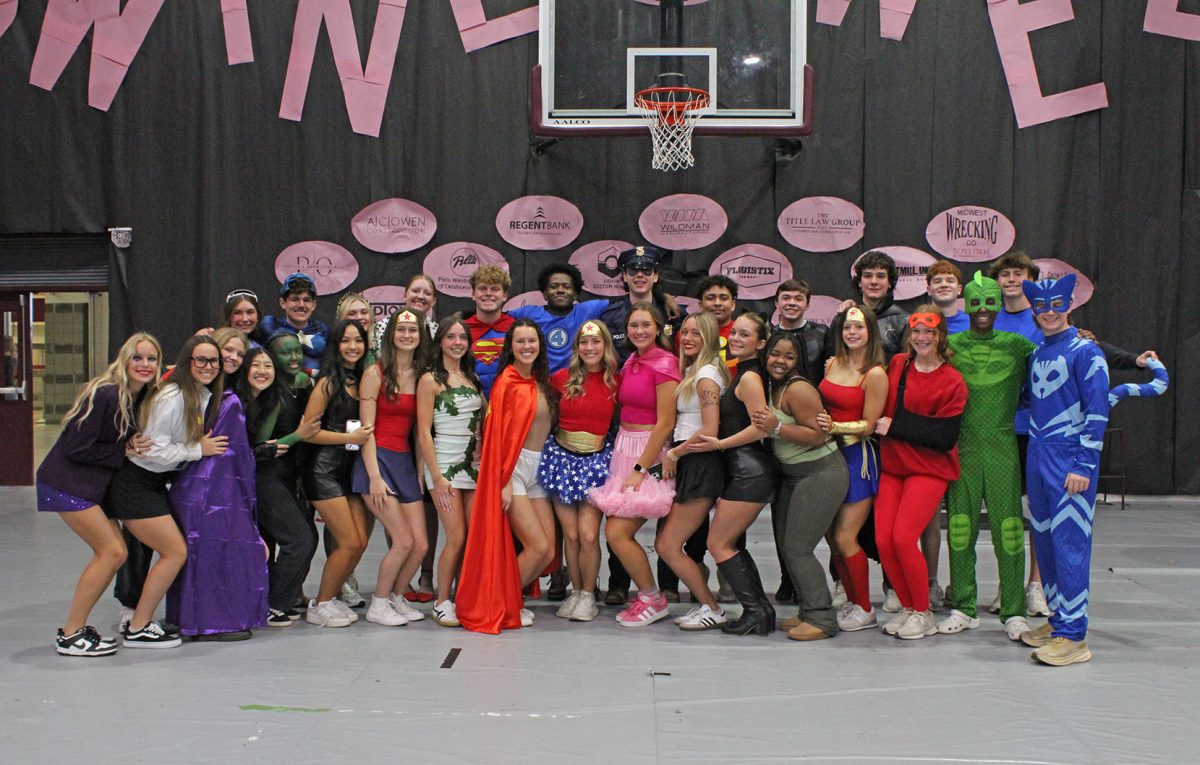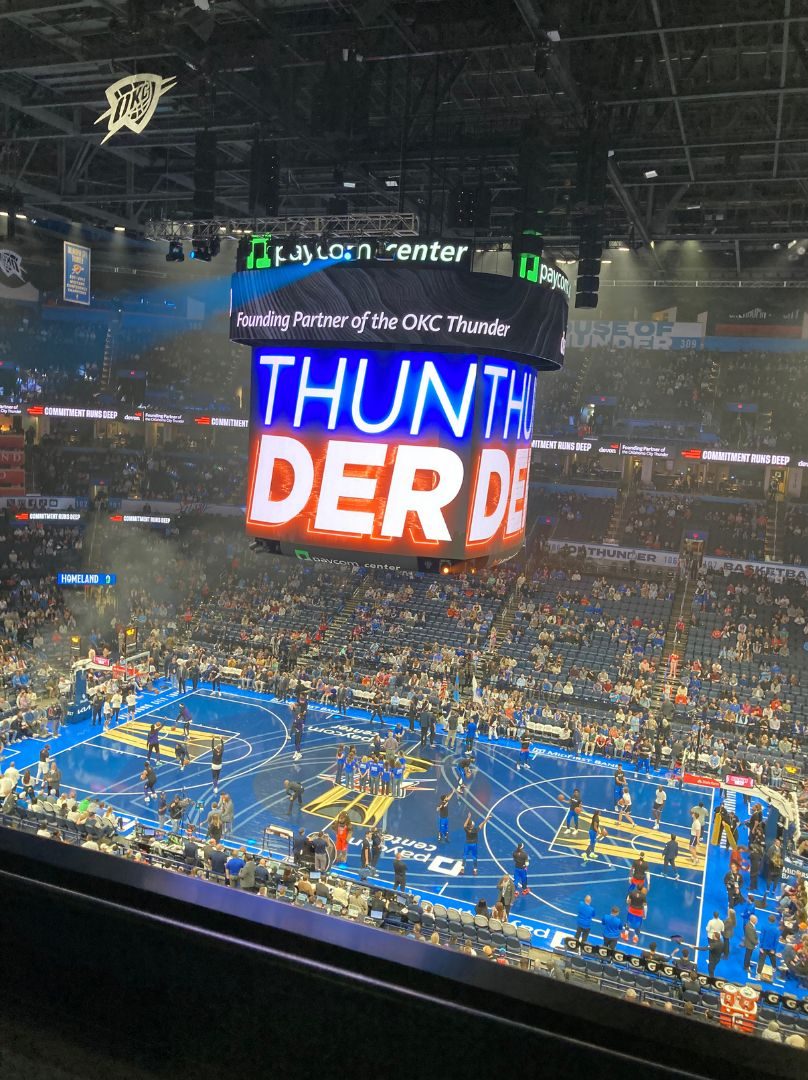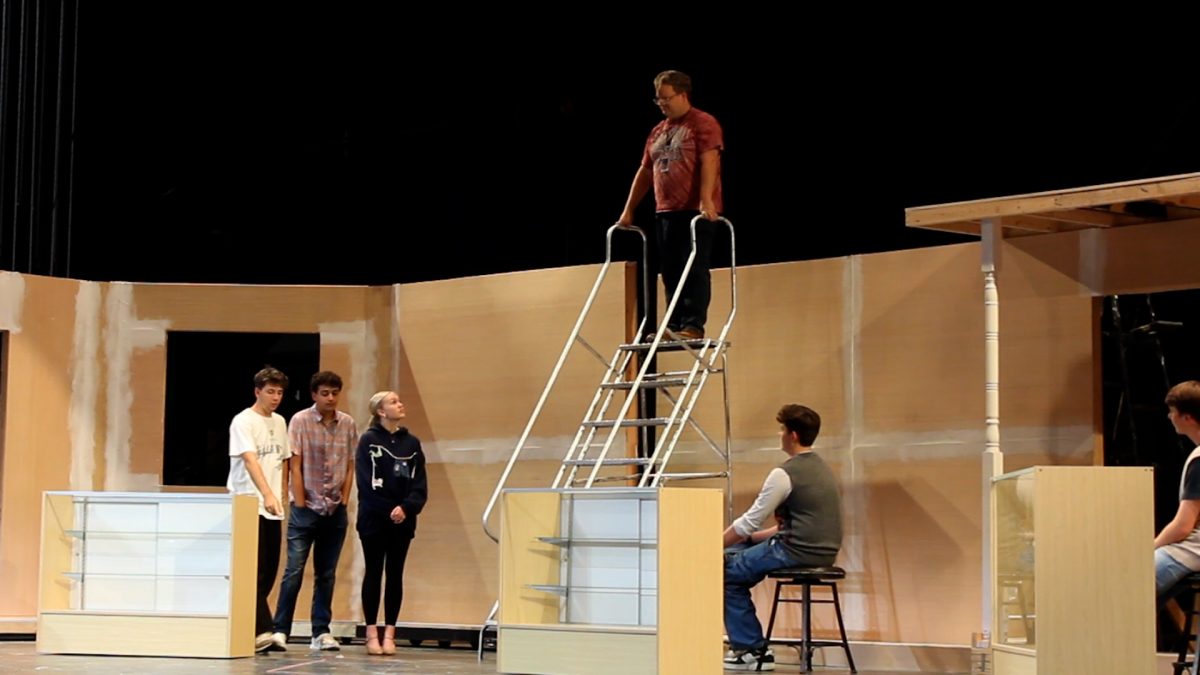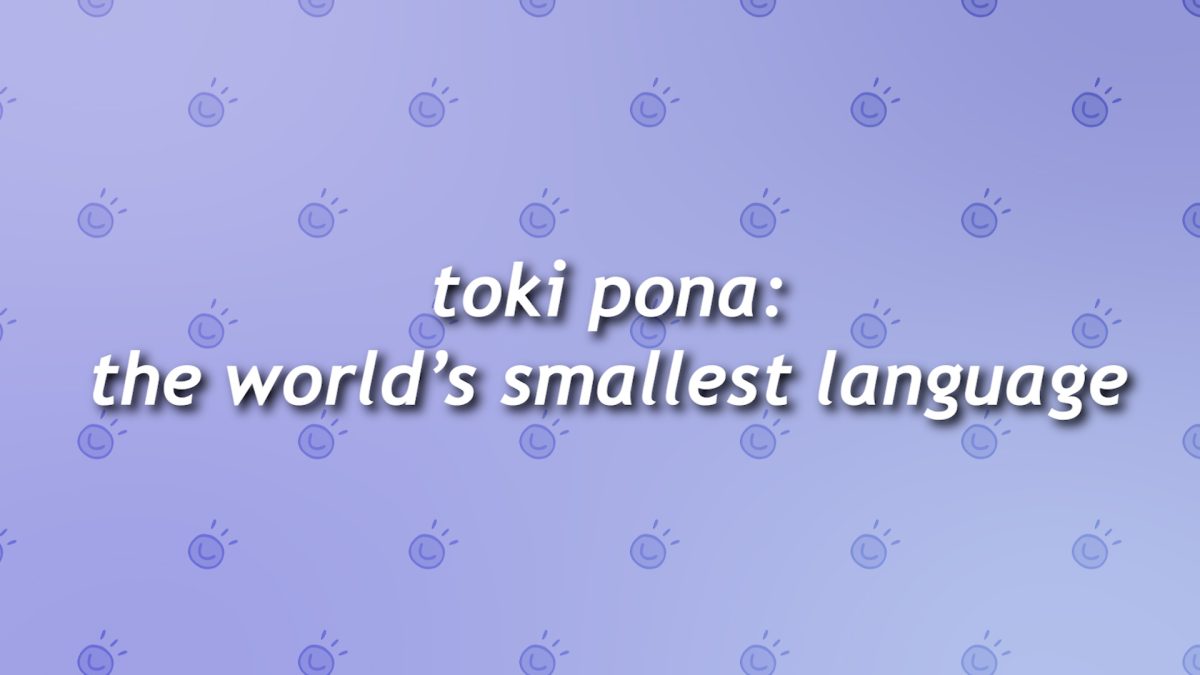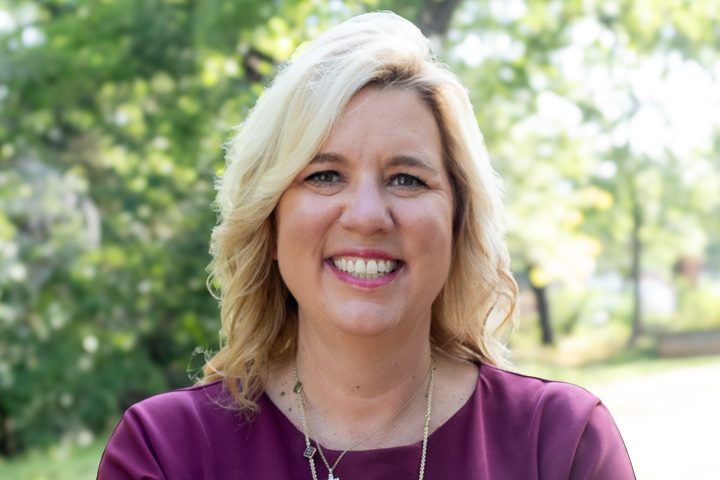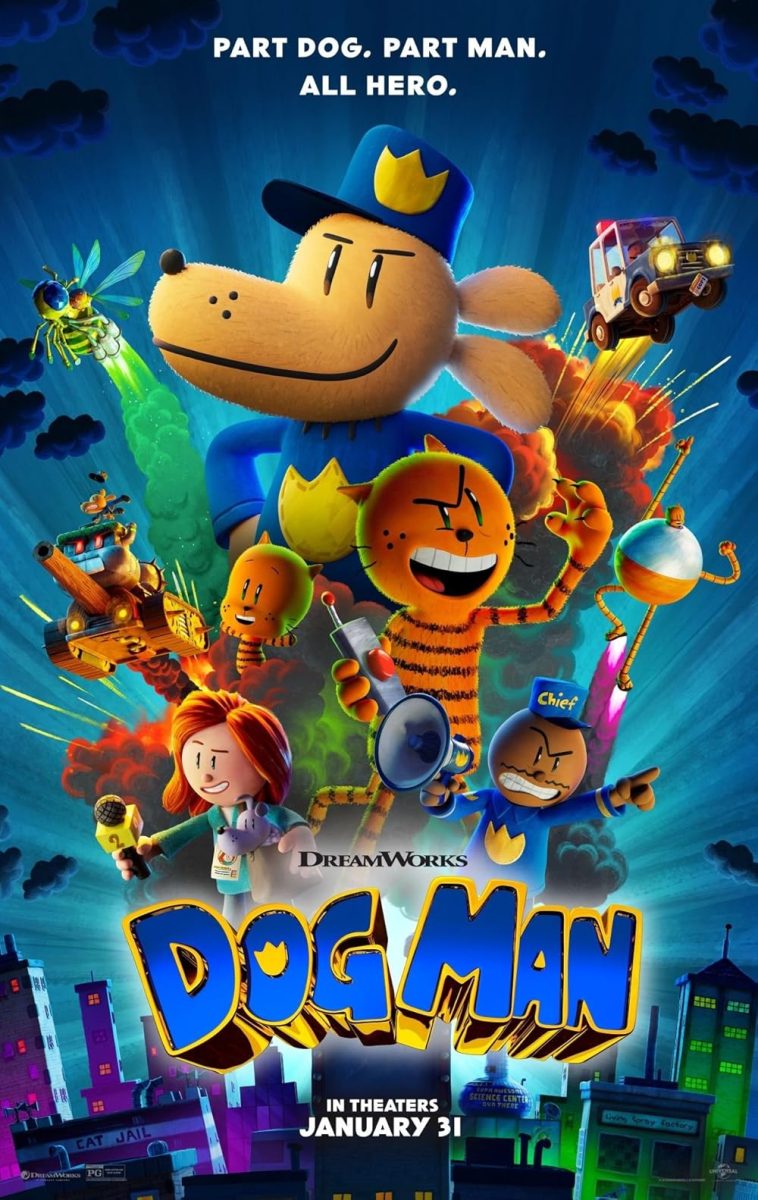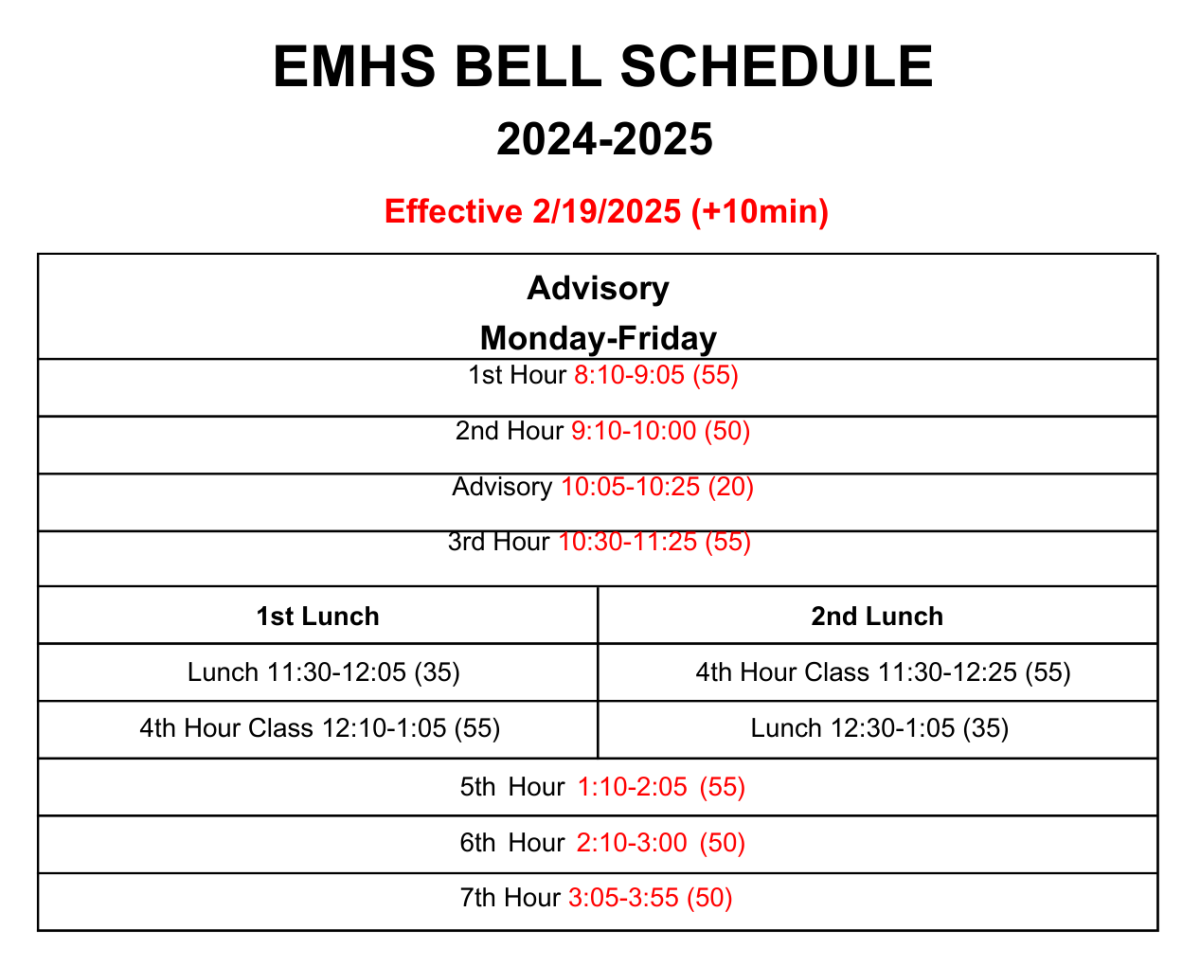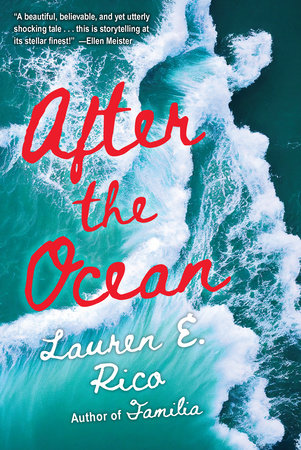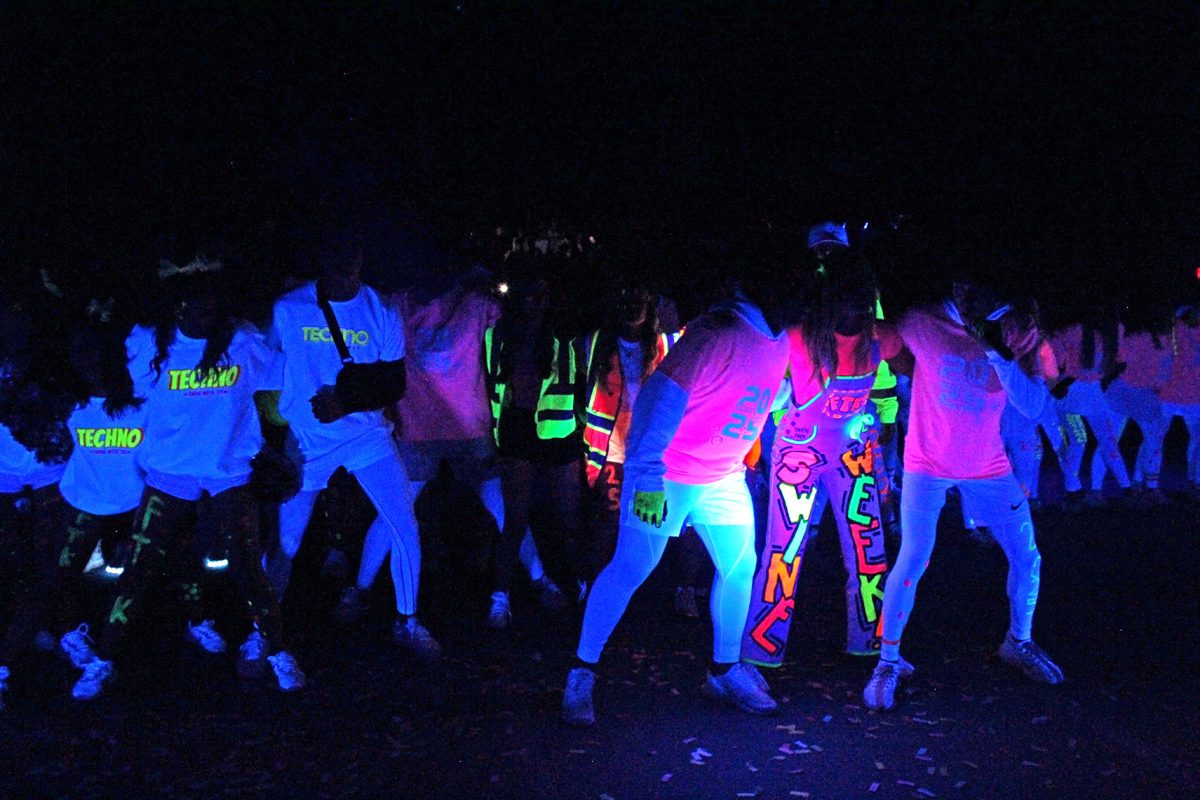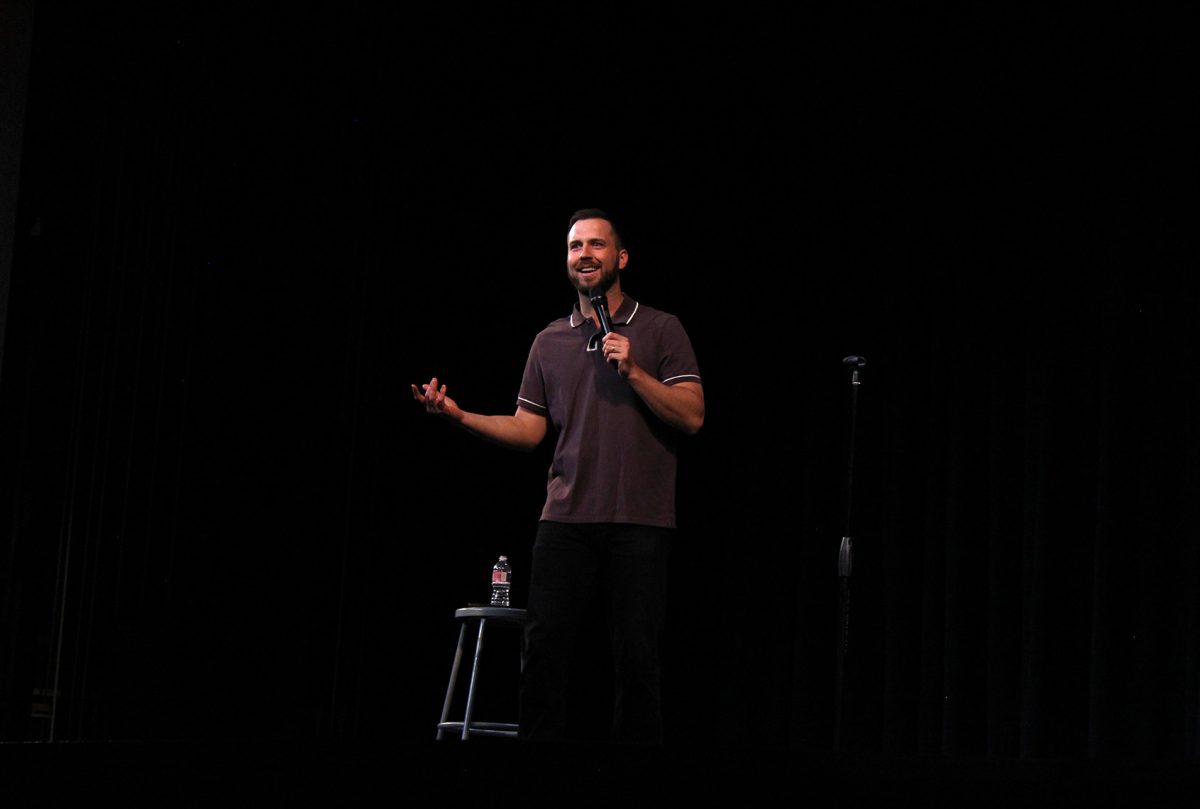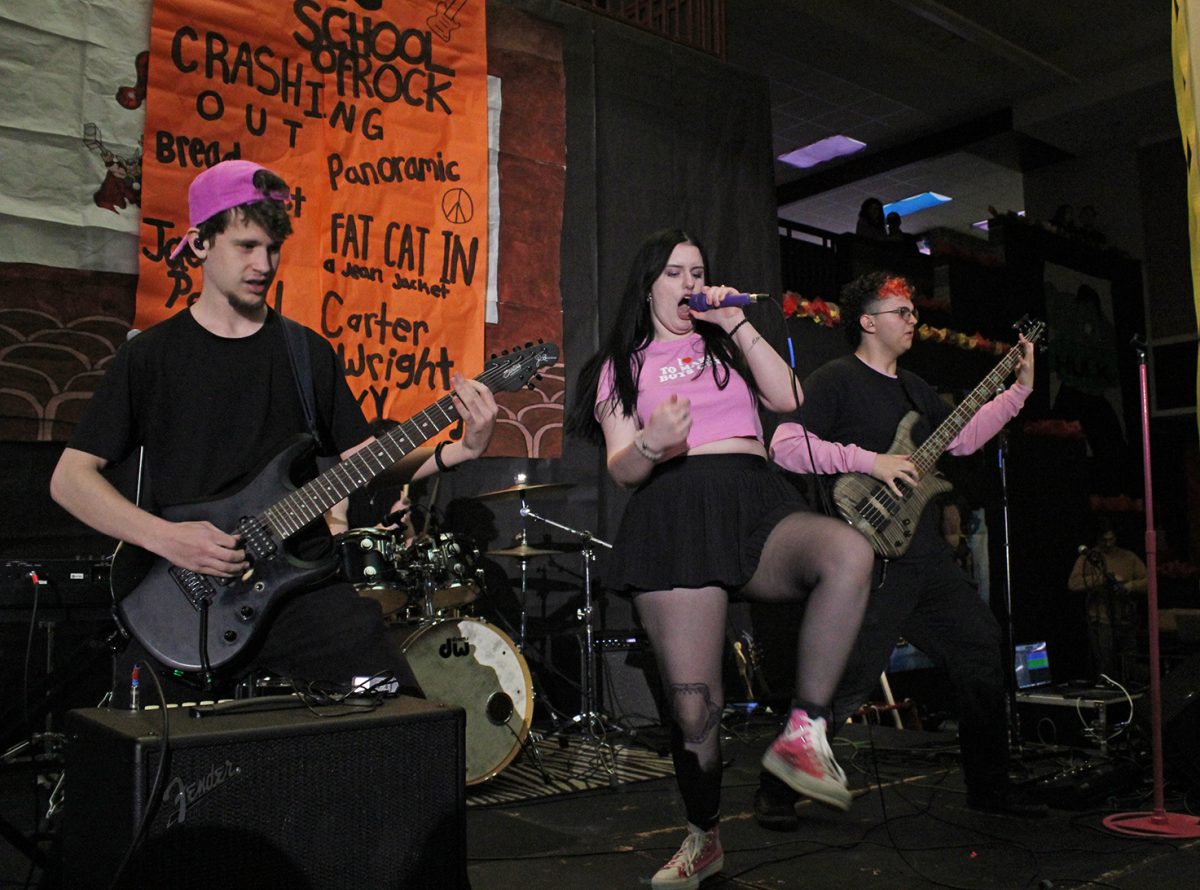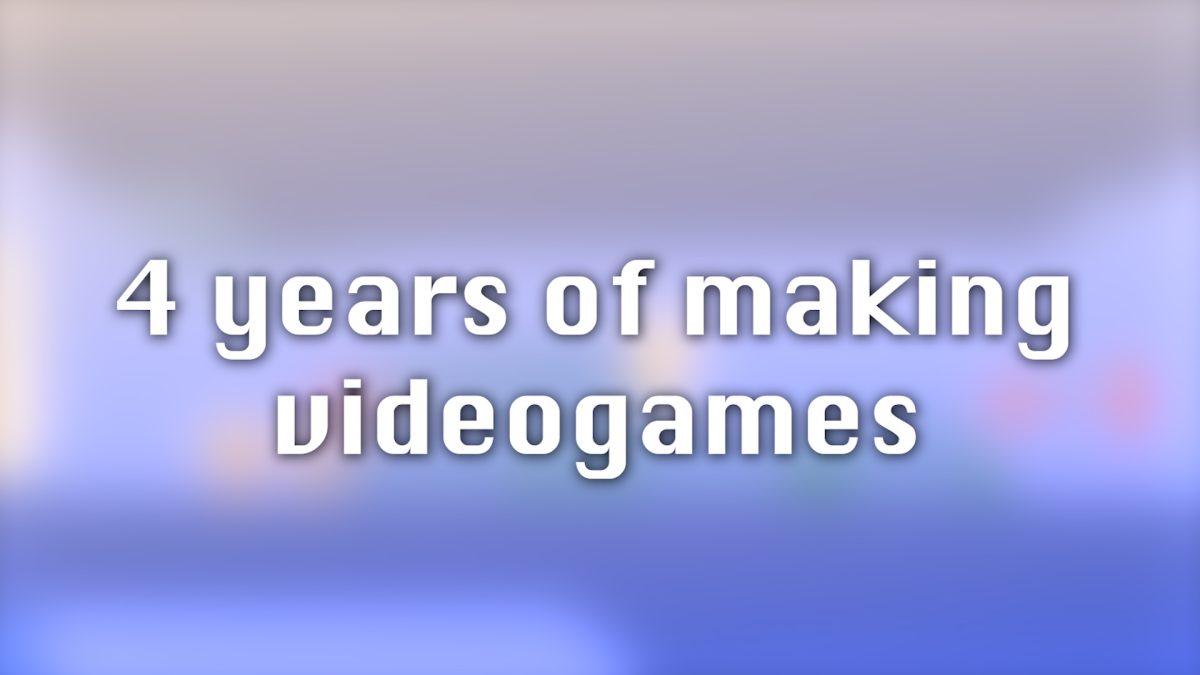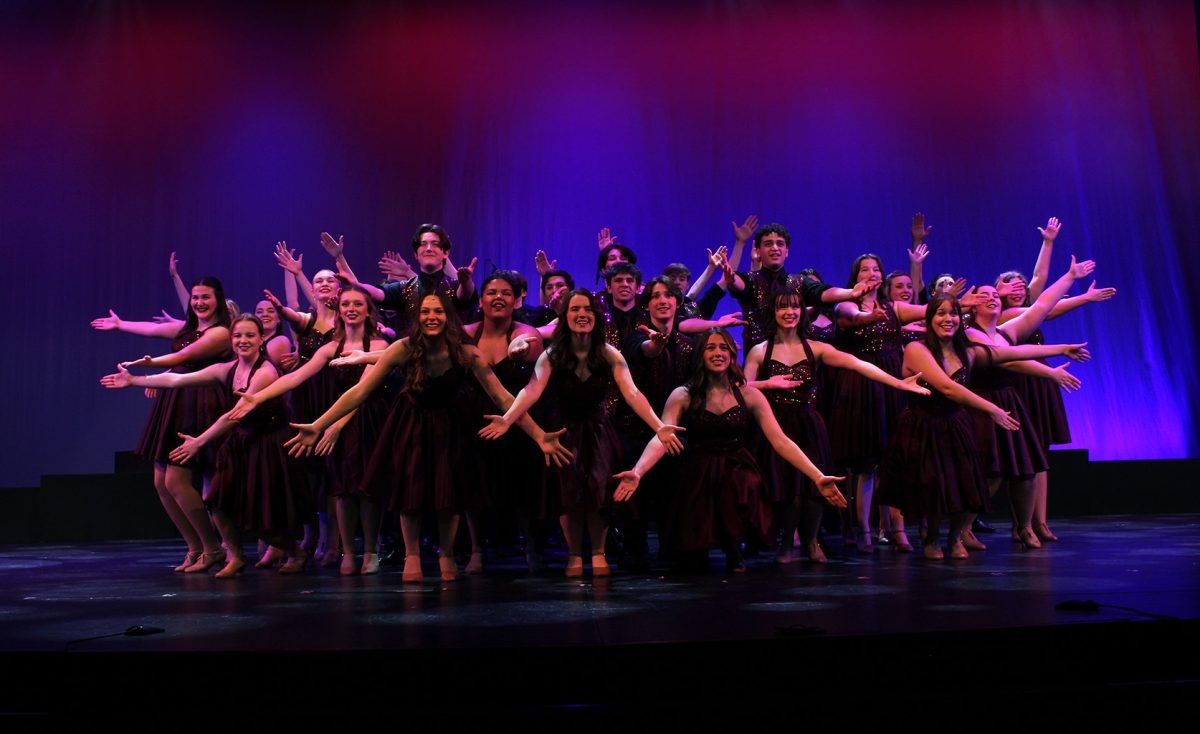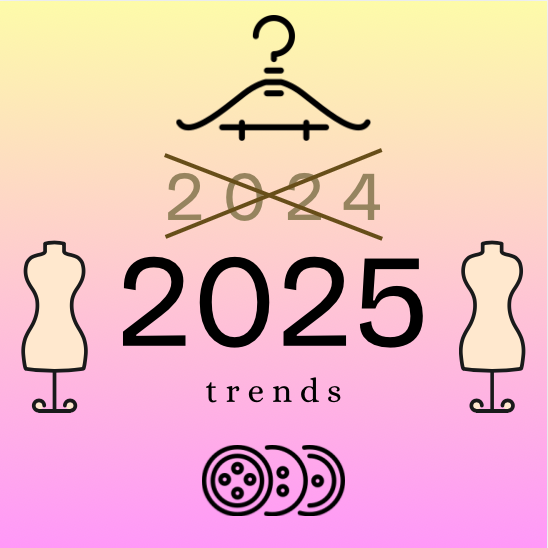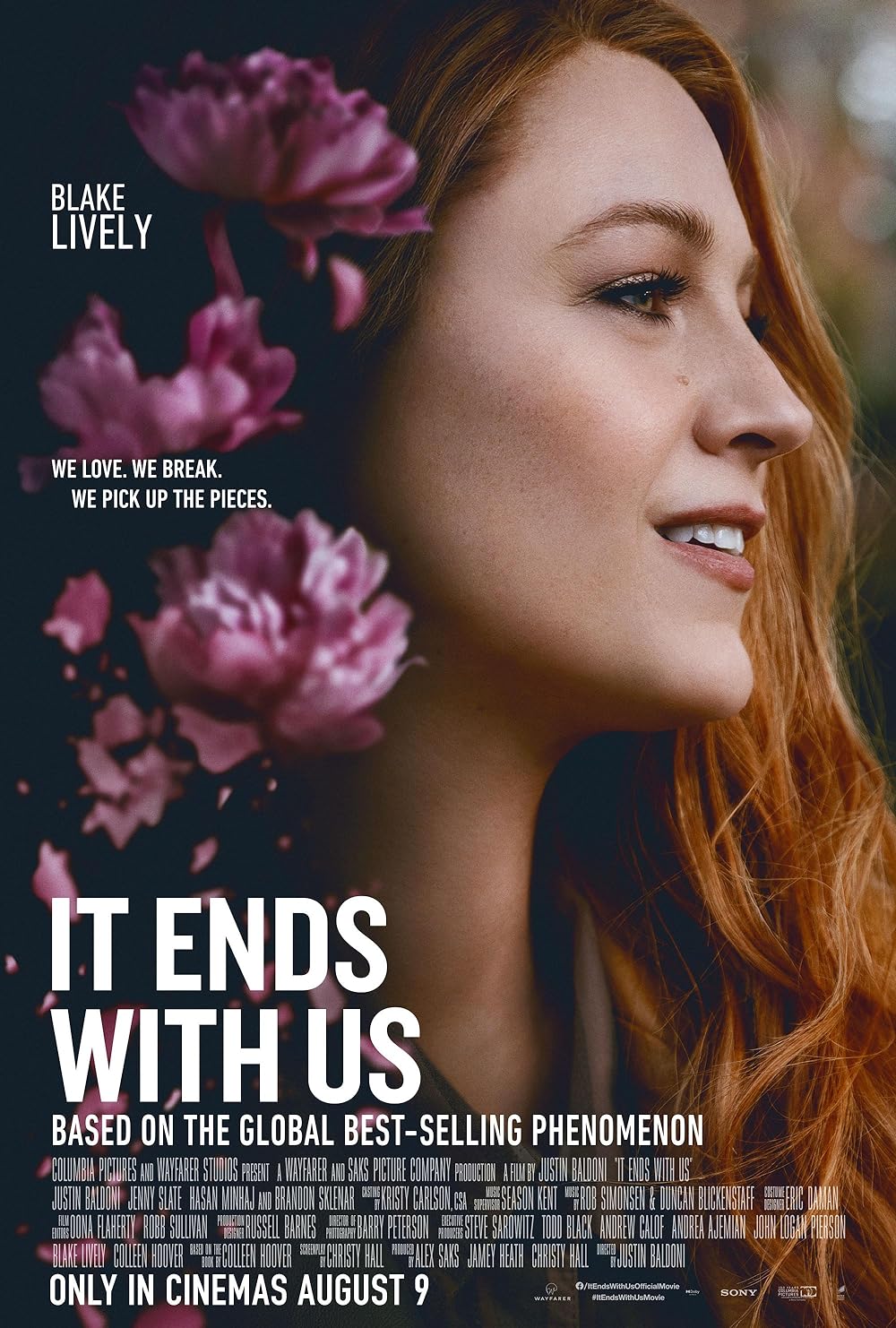Fans of the contemporary romance novel “It Ends With Us” by Colleen Hoover have been anticipating a film adaptation ever since its release in 2016. After eight years of waiting, the film finally released to theaters on Aug. 9. Starring Blake Lively as Lily Bloom and Justin Baldoni as her husband, Ryle Kincaid, the story follows Bloom’s experiences with heartbreak and domestic abuse as a young woman whose mother experienced similar events.
The reception of the book version of “It Ends With Us” has been mixed since its release. Some readers adored the heartbreakingly emotional story, while others criticized Hoover’s writing style as well as her handling of the sensitive subject material. For this reason, it was unsurprising that several different perspectives on the film arose. While considering the differing opinions on “It Ends With Us” in general, it is important to consider that perceptions may shift depending on the reviewer’s previous experiences and judgments of Hoover’s work. Due to the controversy brought by this film, two Ruff Draft staff members with differing views decided to offer their views on the matter.
A positive perception from Anna Vitiello
When reading “It Ends With Us,” I went through a rollercoaster of emotions, affecting my outlook on relationships to this day. It has helped me better understand what some people may go through and has educated many readers when it comes to this controversial subject.
The prominent lesson throughout the movie informed me about heartbreak, sensitivity and empathy through the characters and storyline. The portrayal of domestic violence was well executed and respectful throughout the whole film, making the movie enjoyable to watch while still covering a touchy subject.
The characters were one aspect that I felt made the movie dynamic. There was a constant connection between the characters and the viewers due to the vulnerability experienced because of their situations, such as Bloom’s experiences with domestic abuse and Bloom’s former boyfriend, Atlas Corrigan, struggles with poverty.
Another subject that attracted me to the movie was the cinematography. The intimate shots found in more romantic and emotional scenes between characters made the film feel entertaining while I watched it. It captured the best moments of the movie and created the overall effect to support the theme of the story.
I believe the unfortunate relationship between Bloom and Kincaid, Bloom’s abusive partner, represented the uncomfortable topic of domestic abuse effectively. I feel that this movie brought awareness to these issues through the accurate and well-handled depictions of violence within a marriage and the dignity, as well as humanity, given to Bloom throughout the film.
Many readers felt that, in the novel, sensitive topics were not approached with tact. Thankfully, this tactlessness changed in the new movie because of the change in the target audience from adults to teens. This approach to the topic of domestic abuse provided a better understanding of the plot.
There was a strong attention-grabbing aspect of the movie, even as someone who knew what was going to happen. The storyline had everyone on the edge of their seats. I loved this feature of the movie because it made for a suspenseful and thrilling feel while keeping me watching until the end.
To add to that, it was a well-paced movie to keep the audience engaged at all times. There were dark parts that were covered, but still plenty of happier and joyful scenes that added to the plot of the movie. Director Justin Baldoni was careful and thoughtful with his choice of where to slow down scenes and what to go over quickly to not lose the viewers’ attention and focus.
The ending of “It Ends With Us” leaves the audience on a happy but somber note from Bloom capturing the audience throughout the whole movie.
Fans of the book generally had positive feedback on the film. However, there are also many negative opinions from people who dislike the book.
Emma Lynch’s negative feedback
I was not a fan of “It Ends With Us” when I read it, and while several issues I found were remedied through the increased sensitivity and tact toward the subject material in the film, I still have several complaints on certain aspects. I was not impressed with some of the characters as well as a few plot points that I believe could have been improved upon.
For one, I found it hard to connect with Bloom. In the novel, she did not seem to have a very interesting or dynamic personality, and this aspect was not improved in the movie. Bloom’s personality came across as a bit sterile in comparison to many of the other characters, such as her best friend, Allysa Kincaid. She barely seemed to change or grow as a person throughout the movie, and it seemed as if her abusive situation did not truly affect any aspects of her personality or actions during her relationship with her husband.
Part of the characterization issue was a result of the acting on Lively’s part. There were certain jokes and conversations between Bloom and other characters that could have been more entertaining if approached correctly but simply fell flat and came across as awkward. In contrast, Baldoni put on a near-perfect performance in his role, showing immense emotion and charm throughout the film.
Another issue I found was in the storyline. Not much time was delegated to what happened between Bloom and Kincaid within their short-lived and abusive marriage. The plot instead focused on the development of the romance between the two. I felt that this choice took away from a potential representation of how Bloom may have been affected emotionally and socially by an abusive partner.
One of the things I found myself enjoying about the book was Bloom’s relationship with her mother; however, much of their interaction was lost in the film adaptation. Bloom held resentment toward her mother due to her compliance with the abuse she experienced. However, as Bloom begins to gain similar experiences, she attains a new understanding of her mother’s perspective. None of this was addressed in the film, which frustrated me. It changed the story to being more so about Bloom’s individual experience instead of breaking generational cycles of abuse, which in turn took away from the bigger-picture meaning of the title, “It Ends With Us.”
“It Ends With Us” has become a center of controversy with opinions ranging greatly from total dislike to obsession over the movie. In all, several positives and negatives have been found, but neither outweighs the other, and viewers are encouraged to develop their own opinions on the film.
Contact Anna Vitiello and Emma Lynch at ruffdraftemhs@edmondschools.net



